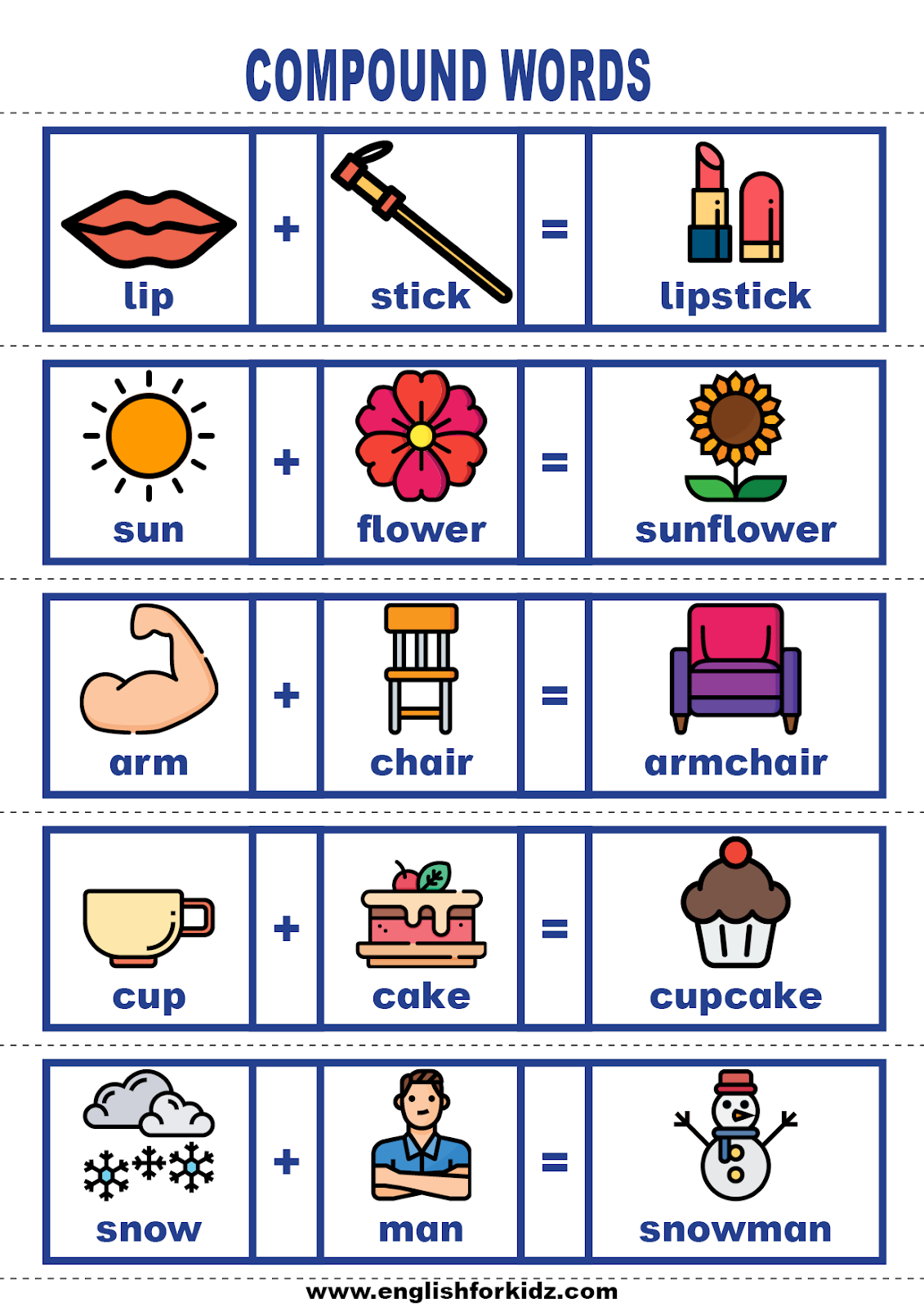In the world of writing and editing, the debate over whether certain terms should be presented as one word or two is more common than one might think. This seemingly simple question often leads to intriguing discussions among editors. Terms like “soymilk” and “healthcare” can stir up confusion, prompting lively debates about their proper usage and spelling.
Interestingly, many editors do not have these terms memorized. Instead, they rely on their resources to ensure accuracy in their writing. The consensus is that it is perfectly acceptable not to know every rule off the top of one’s head; the key is to verify and use the correct form when needed.
While there isn’t a strict formula to determine if a term should be written as one word, two words, or hyphenated, certain guidelines can help clarify these distinctions. Understanding whether a term functions as a noun, verb, or adjective often dictates its spelling, and even different dictionaries can have varying preferences.
What You Will Learn
- The distinction between "every day" and "everyday"
- How to correctly use "line up" versus "lineup"
- The role of hyphens in compound nouns and verbs
- The importance of consulting dictionaries for clarity
| Detail | Information |
|---|---|
| Name | June Casagrande |
| Occupation | Author and Editor |
| JuneTCN@aol.com | |
| Notable Work | It Was the Best of Sentences, It Was the Worst of Sentences |




